An Expert Guide To Dealing With Teen Acne
Understand That It’s Hormones
“First, let’s emphasise the fact that teenage acne is extremely common – it really does affect 95% of teenagers aged between 13-18, which can be quite comforting for those who are feeling low about it. There are many causes, but the predominant one is hormones. It’s important to get this messaging across – teenage acne has nothing to do with skin not being clean or a poor diet. There is soft evidence for an association, but really it is down to your genetics and your predisposition to produce a hormonal flux on the skin and in turn, increased sebum, which is what causes the breakouts.” – Dr. Angela Tewari, consultant dermatologist
Know It’s On The Rise
“The prevalence of teen acne has remained steady over the years, but recently, we’ve seen it increase slightly – especially in females. This is likely due to certain behaviours and a key one is the inappropriate use of certain cosmetics and skincare. The psychological burden of acne in teens is also increasing as teens are increasingly feeling stigmatised by acne and delaying help because of this.” – Dr Eirini Merika, consultant dermatologist and head of dermatology at Montrose London
Master The Basics
“There is a sudden, skyrocketing interest in skincare among teens and that has both pros and cons. On the one hand, it’s great to set up healthy habits from an early age and skincare provides a shared interest for teenagers to bond and engage over, both on and offline. On the other hand, it’s important to keep teenage skin safe and help your child navigate ingredients, as well as prevent teens from becoming overly focused on their appearance. There is definitely a fine balance to be struck. The key is to help your child master the basics. That means cleansing and moisturising twice daily, and applying SPF in the morning. That really is all that’s needed at this age. Targeted blemish ranges, such as CeraVe Blemish Control and La Roche-Posay Effaclar+ can offer your teen a more straightforward, no-frills routine.” – Dr. Alexis Granite, board certified consultant dermatologist
Try Treatment Plans
“I developed my 12-week Acne Bootcamp at The Skin Investment Clinic along with dermatologist Dr. Brazzini. It’s an intensive and focussed programme that helps individuals, including teens, to combat acne and improve the appearance of their skin. It involves a combination of lifestyle modifications, skincare routines, in-clinic treatments and sometimes medical treatments with the aim of reducing acne breakouts, preventing scarring and improving overall skin health. It starts with an initial consultation to assess the skin and understand more about the patient's medical background, lifestyle habits and products they use at home. We then devise the plan as each programme is tailored to the individual patient. Results do vary depending on the severity of the acne and how well each person sticks to the plan. However, the idea of the programme is that individuals are better prepared about how to get their acne under control and as a result, minimise marks, scarring and hopefully future breakouts too.” – Holly Mason, founder of The Skin Investment Clinic
Find What Really Works
“Cleansing is so important, but you don’t want to strip the skin of all its natural oils – otherwise your complexion will only produce more sebum. I recommend teens cleanse once a day – night-time is my recommendation. Unless your teenager wakes up with incredibly oily skin, a morning cleanse isn’t essential. The basics aside, I also recommend an anti-microbial spray. The Light Salon has its Cleanse & Recovery Spray, which is a gentle facial mist with skin-balancing ingredients, including hypochlorous acid, which is proven to calm redness and reduce breakouts. Naturally present in your skin’s white blood cells, it’s the type of ingredient we can all benefit from using, but especially teens who want something gentle and effective.” – Laura Fergson, skin specialist & co-founder of The Light Salon
Debunk The Myths
“We’ve already covered the fact that ‘dirty skin’ is a myth, but there’s also no consistent evidence that eating too much chocolate gives you spots. I often hear this one and it’s not correct. That said, foods which have a very high glycaemic index can be linked to acne, but even the evidence there is weak. It’s obvious advice, but a diet that is balanced and moderated when it comes to sugar is always worth adopting – regardless of your age. Another myth I’d like to debunk is that drinking large amounts of water will clear your acne. Yes, it is good for the gut and general hydration, but it won’t miraculously clear up spots, nor will applying toothpaste to breakouts – this will just cause irritation and be messy on your pillow. Although your teenager may grow out of spots, scars and blemishes can be long-term, which can be more damaging to mental health than the acne itself, so it’s important to get talking.” – Dr. Alia Ahmed, psychodermatologist at La Roche-Posay
"Another myth to debunk is that tanning and the sun can help to clear acne. This is false. In some instances, UV can actually make the acne worse so please be careful in the sun and never use sunbeds as they significantly increase the risk of skin cancer. A tan does hide the acne by improving the appearance, but sun exposure also thickens the skin so increases the chance of comedones forming and can cause hyperpigmentation and scarring if you have active acne." – Holly
Get Ahead
“It’s not always easy to tell, but the first acne breakouts present as comedones –blackheads and whiteheads in the T-zone area. If you see this in your teen, specifically around the forehead and central parts of the face, I recommend seeking out an expert for their advice. The quicker you get on top of it, the better the outcome will be. This isn’t just due to the spots and their appearance, it’s because it can have a negative impact on the mental health of your teen, which is something we see a lot of. It’s crucial that you ask a dermatologist or a GP for the right treatment to minimise further outbreaks and make everything more manageable.” – Dr. Eirini
Look For Certain Ingredients
“Oil-free, anti-comedogenic and acne-friendly are the buzzwords you and your teen should be looking for when choosing the right skincare. Non-comedogenic formulas simply mean non-pore clogging, which is what you need when battling breakouts. I also recommend water-based cleansers and moisturisers if your teenager hasn’t yet started to break out – even if they have, these are very gentle and ensure moisture is sealed into the skin. As for ingredient buzzwords, we’ve touched on the basics, but salicylic acid, niacinamide, zinc, LHA and anti-bacterials are worth looking for on the ingredients labels. Whether these crop up in your teen’s cleanser, moisturiser or SPF, they all have anti-acne benefits and can speed up the process of minimising further breakouts. Do look for formulas that specify they are for sensitive skin types – this ensures acne won’t be irritated or worsened.” – Dr. Alia
Remember Acne Affects All Genders
“I am often asked if there is a difference between female and male acne. The only difference is that girls tend to get it slightly younger as they hit puberty earlier. That said, the type of acne boys suffer with can be more severe. As mentioned, hormones are usually the driving force behind teen acne, so it’s important your teenager, no matter their sex, initiates a good skin routine early on. I also advise my patients to not take sleep for granted and to always wash off any sweat after exercising.” – Holly
Look To LED
“Teenage skin is delicate and certainly doesn’t need an abundance of treatments, but LED has been shown to have very positive results for those suffering with acne at a young age. It’s both safe and gentle and proven to target surface inflammation, balance oil and speed up healing. It will prevent and minimise scarring and pigmentation, too. Blue light is particularly effective as it works to get rid of bacteria. Look into booking sessions at a reputable practice, like The Light Salon which is £45 per session. Long-term, the cost is well worth the results and potentially offsets an expensive, lengthy routine that’s full of trial and error. LED also promises long-term results. It also works nicely with the basic skincare products we’ve already mentioned.” – Laura
Consult The Experts
“There’s an abundance of ‘skinfluencers’ out there now, but it’s important to monitor who your teen follows and is taking information from. Dr. Barbara Sturm is someone I really rate. She’s passionate about educating teens and parents on what to use and what not to do. The brand Indu is also brilliant for teens and it’s making huge waves in educating a younger audience.” – Laura
“If your teenager wants sound advice from content creators, I recommend following @Fayes_Skin, @CourtneyJounes02, @Its_Just_Acne, @DrmSomaSkin and @DermGuru. These dermatologists are active on social media and tend to give advice on all skin issues, but the acne content is very high quality. I also recommend AcneSupport.org.uk, a dedicated skin website which has been put together by experts in the field to bust some myths surrounding acne and offer treatment advice. All this said, don’t rely on skin content alone, get advice in person by booking a proper consultation.” – Holly
“At a consultation, the right expert will perform a thorough evaluation of your teen’s skin and discuss what’s already being used. The expert you see will then make recommendations based on the child’s specific skin type and acne severity and prescribe medication if needed. I think of treatments essentially as a ladder – starting at the bottom with gentler options, then working up through prescription creams to oral antibiotics and hormonal medications such as oral contraceptive. The top is isotretinoin which is – and should be – reserved for the most severe cases or the type that isn’t responding to other treatments. There is also a new laser called Aviclear which can be very effective for acne.” – Dr. Alexis
Educate Yourself
“It’s daunting for a parent, but I think it’s important to educate your teens about which ingredients are suitable and safe for their skin. Everything in this feature is useful information to pass on, but it’s also important to know what your teen doesn’t need. That includes ingredients like vitamin C, retinol and peptides. Why? Because these are used more for anti-ageing and they really aren’t necessary in younger age groups. Overdoing anything at a young age will only impair the delicate skin barrier. When this is disrupted, it will lead to irritation and that’s a key cause of breakouts.” – Dr. Alexis
“Parents should also remind their children that acne is common and acknowledge how it makes them feel. Encourage your teen to discuss if their skin is affecting their confidence, or if they are experiencing any negative behaviour associated with it, like bullying. It’s worth reassuring your child it’s a medical condition, there are solutions and it’s not their fault. Maintaining good lifestyle choices and a consistent daily routine should also be encouraged, as should seeing a healthcare professional when the trouble with acne continues.” – Dr. Alia
Rely On Specific Brands
“I love CeraVe for young skin. It has a range of cleansers for all skin types – including normal, dry and acne-prone. The Blemish Control Range is so good. It isn’t overly drying for young skin, while the AM and PM moisturisers offer everything that’s needed without going overboard. It’s all available at a great price point, too. The La Roche-Posay Effaclar+ range is also impressive, as is the Avène Hydrance Aqua Gel. You can rely on these reputable brands because they produce scientifically tested products that contain age-appropriate ingredients. They also advise on correct usage, so you can’t go wrong.” – Dr. Alexis
Finally, Never Pick Spots
“Picking spots, although a normal human response, is a very bad idea. It sounds like obvious advice, but once your teen has picked a spot, there will be leftover bacteria that causes further spots/breakouts. Picking also increases the chance of scarring and damage the skin’s tissue, causing an inflammatory response. If – and it’s a big if – your teenager does pick, ensure they clean it immediately with an antibacterial spray.” – Dr. Angela
Ready to tackle acne? Find out more about the 12-week acne bootcamp, developed by Holly Mason, former acne sufferer & founder of The Skin Investment Clinic…
Tell us about your 12-week bootcamp for problematic skin – how does it work?
I developed the 12-week acne bootcamp with dermatologist Dr Brazzini after struggling with my skin for so long. It’s an intensive, focused programme that helps individuals combat acne and improve their skin. It typically involves a combination of lifestyle modifications, skincare routines, in-clinic treatments and sometimes medical treatments to reduce acne breakouts, prevent scarring and improve overall skin health.
It starts with an initial consultation to assess the patient’s skin and understand more about their medical background, lifestyle habits and products they use at home. We then devise a plan tailored to the individual – some wish to take medication in conjunction with in-clinic treatments and others prefer only the in-clinic treatments or just medication and at-home routine. We start the treatment and then see the patient regularly throughout the 12 weeks to assess how the treatment is working. If required, we fine tune the plan to ensure skin is improving. Throughout the 12 weeks, we educate the patient so they are better equipped to deal with any future breakouts which may be triggered by lifestyle or hormonal changes.
Can you really clear skin up in 12 weeks?
We often make significant progress over the 12 weeks, but it does depend on the severity of the patient’s acne and how well they stick to the plan. Acne is a chronic skin condition so it may flare up in the future but by following our programme, patients will be better informed about what to do in those scenarios. For some individuals, the 12-week programme really does get their active acne under control and then it’s a case of minimising the marks and scarring. For others, it may take a bit longer but a lot of the hard work is done in those first 12 weeks.
In your opinion, how does acne differ in boys and girls?
Girls tend to get acne slightly younger than boys, as they tend to hit puberty earlier, but boys’ acne can be more severe. Hormones are usually the drivers of acne in the teen years as androgens increase production of sebum and this can mix with dead skin cells and form a blockage, leading to acne. It is important to initiate a good skincare routine by washing the face with a gentle cleanser and trying to minimise your in-take of refined sugars, getting a good night's sleep, exercising outside and washing off the sweat afterwards.
Whilst it can seem like a sensitive topic to approach teenagers about their skin, it is advisable for both boys and girls to seek guidance as early as possible. Left unchecked, scarring is more likely, and acne can take a toll on a teenager’s confidence and mental health.
What are some key products you recommend for those suffering with acne?
First-line treatment is always topical (i.e. applied to the skin). Teenagers’ skin is usually delicate and sensitive and therefore needs to gradually get used to acne treatments which can be quite strong and sometimes irritating at the start. Over-the-counter products can be helpful in a very mild case of acne and greasy skin. An exfoliating cleanser (that contains alfa and/or beta hydroxy acids) used in combination with an astringent mist such as Kivu Anti-Oxidant mist and a keratolytic cream are good first options. A non-comedogenic moisturiser can be used with these products as well.
We particularly like the Aknicare cleanser, lotion and moisturiser. It's also important to use a high factor, non-comedogenic, oil free SPF at all times in the sun – we like the Heliocare or Eucerin oil free SPF brands. If over-the-counter products aren’t enough, then specialist advice may be necessary. Products will then vary depending on the individual patient.
And what are some you don't recommend and why?
Please don't use Sudocrem on spots. Sudocrem is a fantastic product for nappy rash and although on the packaging says it can be used for acne, it will clog the skin and make acne worse. Other things to avoid are harsh exfoliants, astringent toners containing alcohol, products with strong fragrances, cosmetic face masks, tanning products and facial scrubs as these will irritate the skin.
Can you share some common myths surrounding teen acne?
Eating chocolate and greasy foods causes acne
False. Acne is mainly influenced by hormonal factors and genetics. So, although it's important to eat a healthy diet and minimise consumption of refined sugary foods, a diet of chocolate and processed foods doesn't cause acne.
Popping spots is good
No – it will make things worse by spreading bacteria, increasing risk of infection and scarring. We understand how tempting it is but try to refrain from popping the spot.
Tanning helps acne
This is not true – in some instances, it can actually make the acne worse so please be careful in the sun and never use sunbeds. A tan does hide the acne, but sun exposure also thickens the skin so it increases the chance of comedones forming and can cause hyperpigmentation and scarring if you have active acne.
Acne is a teen problem
No – it can often start in the teenage years, but we also see clients who never had it until their 30s, 40s or 50s. Equally, acne may improve but then flare up later in life e.g. when using contraception, in pregnancy, during fertility treatment or during the perimenopause. Acne is a chronic inflammatory condition – chronic means it is a life-time condition and while that doesn’t mean you will have spots forever, you are likely to be prone to breakouts, so it needs to be managed over time.
Make-up will make my acne worse
Not all make-up is bad for acne-prone skin. You just need to use non-comedogenic products and ensure you remove make-up before bed and cleanse your skin properly. Make-up is important for acne patients as it helps with their confidence and improves self-esteem.
You should wash your face several times a day
No, only wash your face twice a day – morning and night. Over-washing your face will have a rebound effect because it will stimulate excessive sebum production. Our dermatologist Dr Brazzini recommends only washing your face with appropriate, gentle cleansers but if you exercise or get sweaty during the day, you should wash your face to remove the sweat.
Visit TheSkinInvestmentClinic.com to book at appointment – there are clinics in London, Hampshire, Surrey & Wiltshire.
SHOP THE EXPERT ACNE EDIT FOR TEEN SKIN
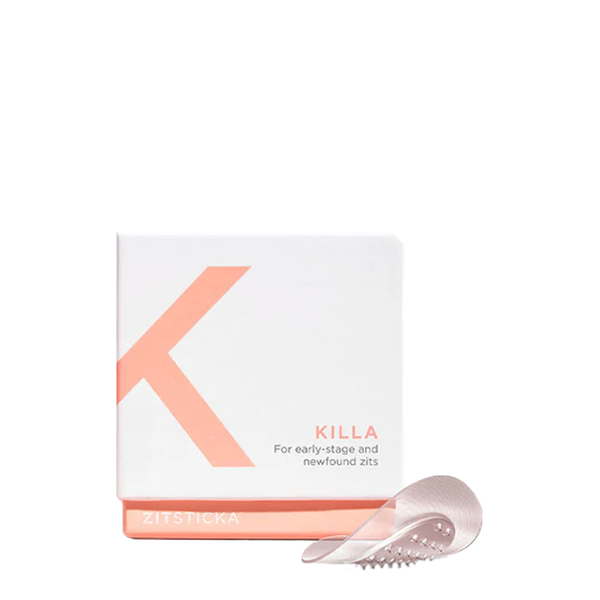
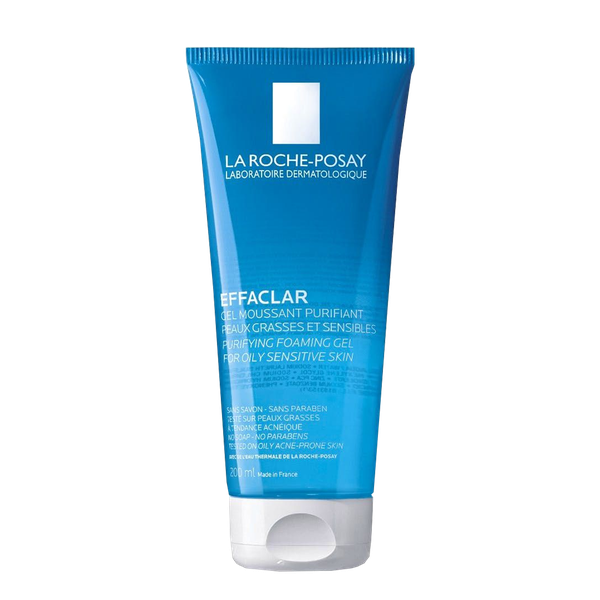
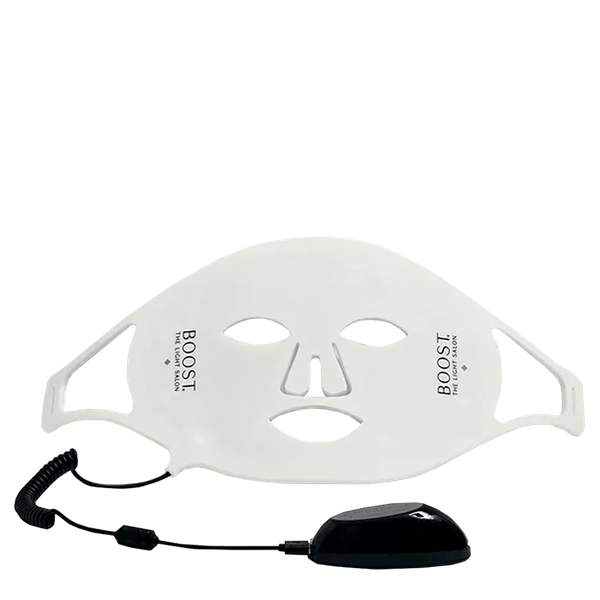
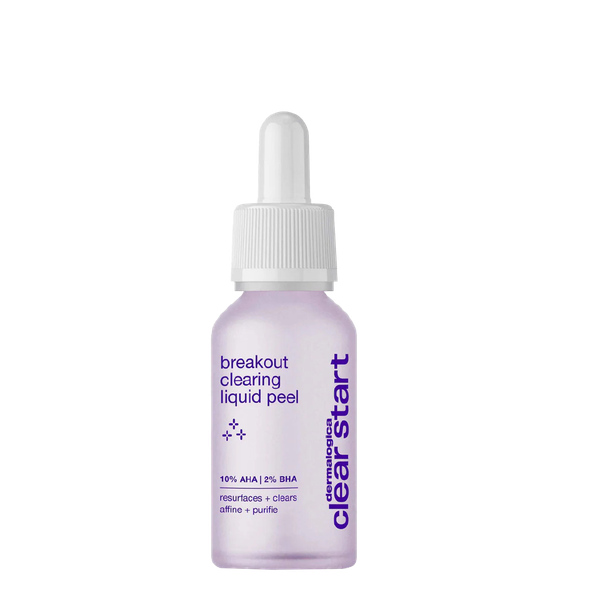
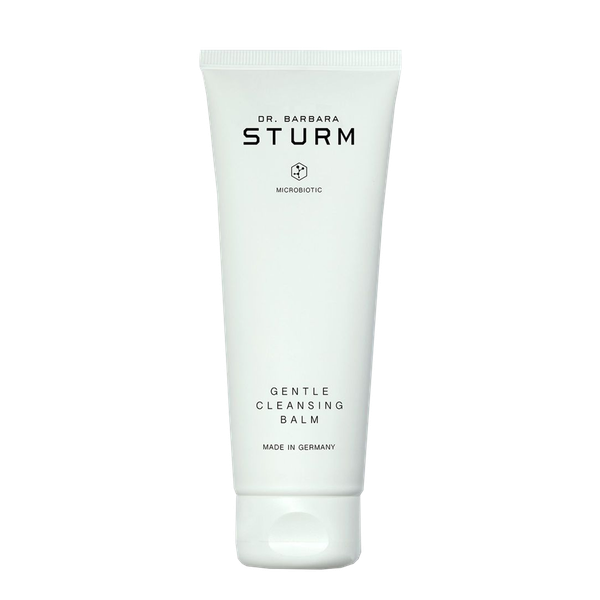
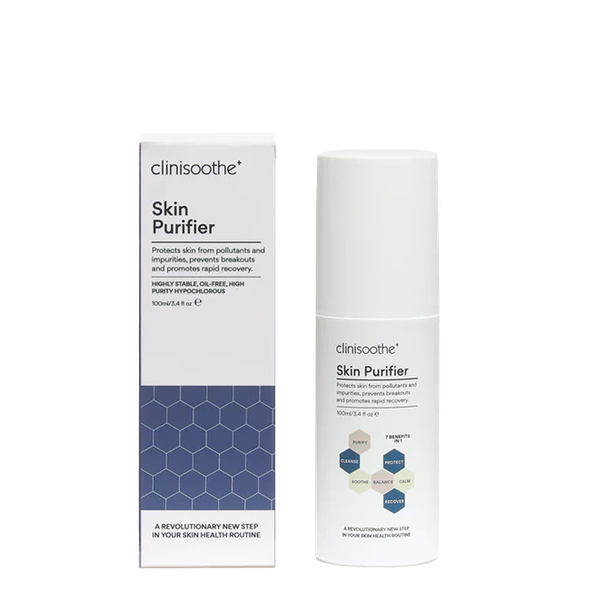
DISCLAIMER: We endeavour to always credit the correct original source of every image we use. If you think a credit may be incorrect, please contact us at info@sheerluxe.com.
All products on this page have been selected by our editorial team, however we may make commission on some products.
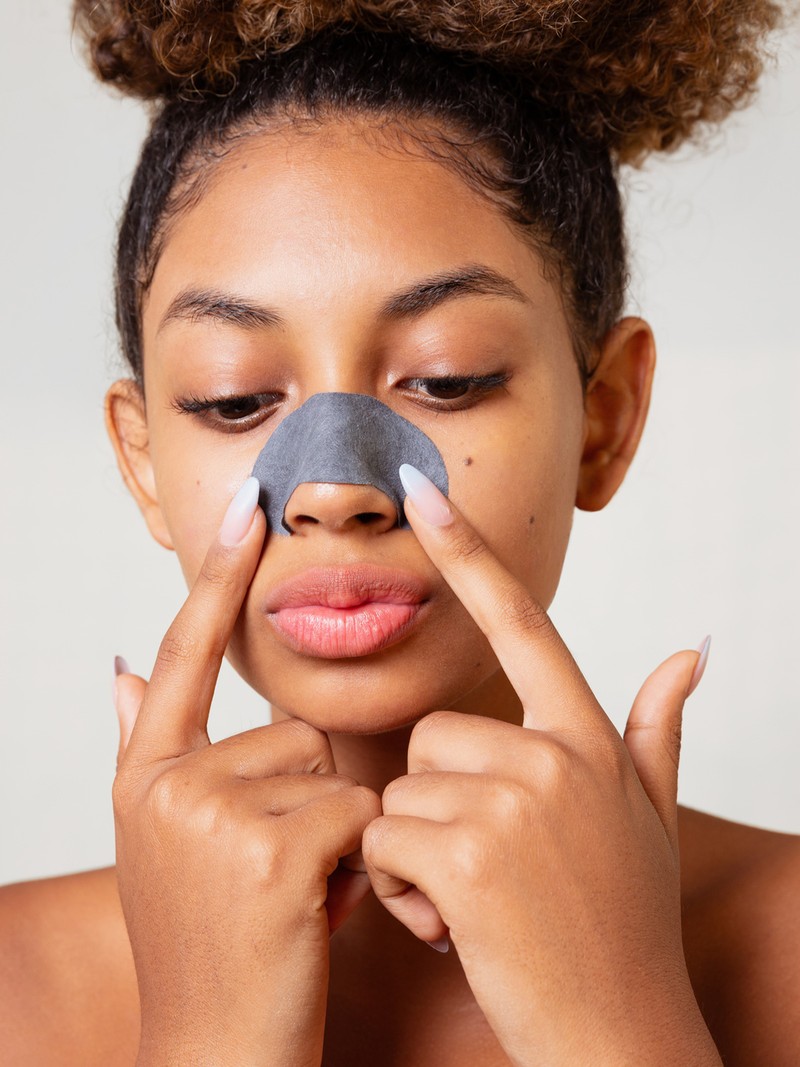
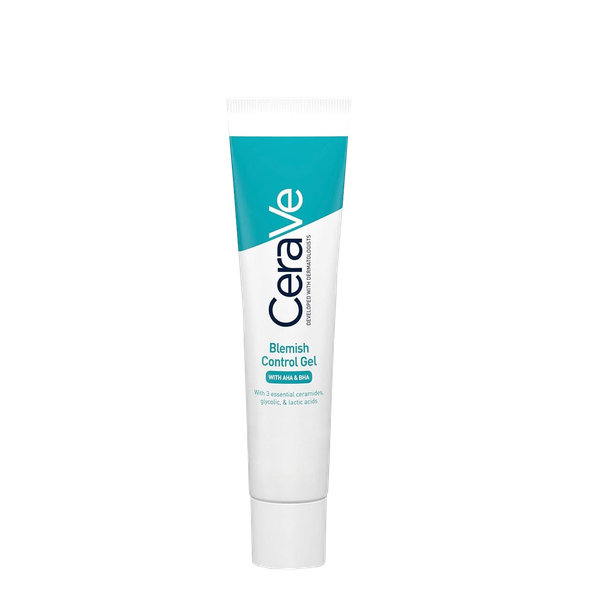
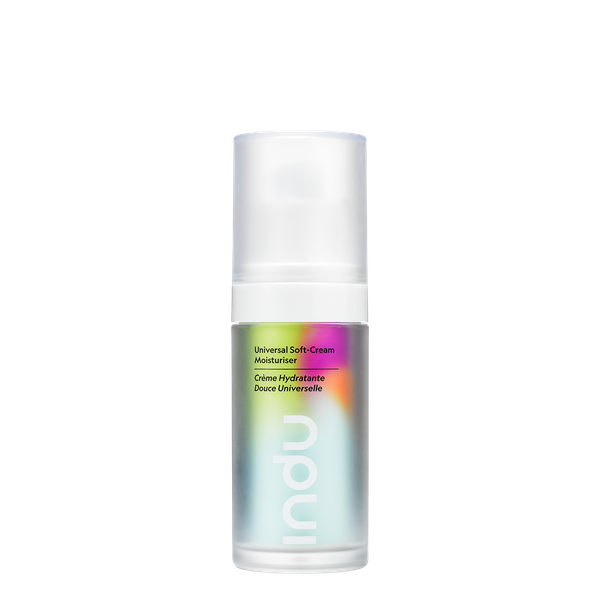
/https%3A%2F%2Fsw18.sheerluxe.com%2Fsites%2Fsheerluxe%2Ffiles%2Fwebsite-images%2F2025%2F04%2Fnew-parenting-background-image.jpg?itok=rRrLkJpg)